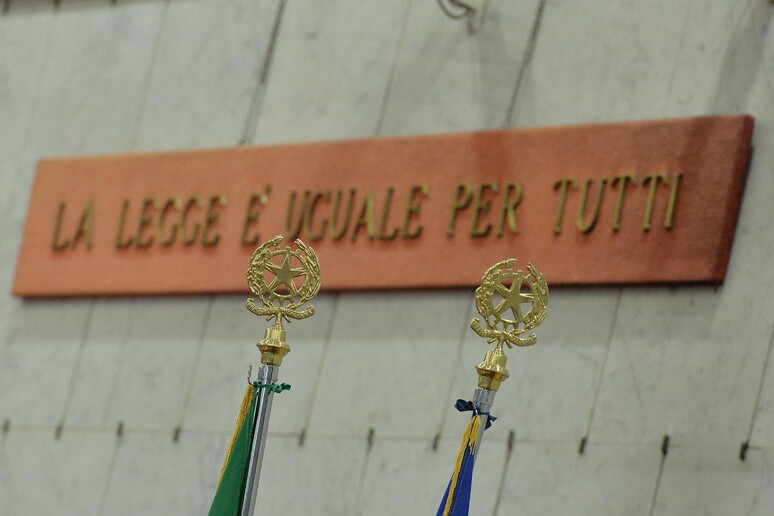The statute of limitations ran out in
some 68,098 court cases in Italy in the first six months last
year and in about 1.5 million cases in the decade between 2005
and 2014.
The Senate justice committee on Wednesday adopted a new
unified text on reforms to criminal trials and to the statute of
limitations. The reform is enshrined in two bills, one aimed at
speeding up trials and the other aimed at reforming the statute
of limitations so that trials are not so often timed out.
Anti-corruption authority chief Raffaele Cantone has
proposed giving preferential treatment to cases involving crimes
against the public administration.
The head of the justice committee in the Lower House,
Donatella Ferranti, said that her proposal was "synergic and not
an alternative to others that focus specifically on serious
crimes of corruption."
"Technically, we could intervene on Art. 123 bis of the
criminal procedure code, which already foresees preferential
treatment - and therefore the prosecution tasked with
investigations - for cases involving organized crime and sexual
violence. These are crimes that are less likely to emerge
compared with theft or kidnappings, since the victim doesn't
report it. Priority treatment and a doubling of the statute of
limitations has been foreseen for crimes of sexual violence,
however."
She added that crimes of corruption tend to emerge less as
well, due to a "conspiracy of silence".
"This is why it is important to recognize the specific nature
of the crime in relation to the statute of limitations, to
prevent it from being impossible to get a verdict once the crime
is discovered. Of course, this must go hand in hand with
reasonable time frames for trials," she said.
One of the key parts of the proposed reform is that it sets
the clock ticking from the moment a crime is discovered and not
when it was committed.
ALL RIGHTS RESERVED © Copyright ANSA











